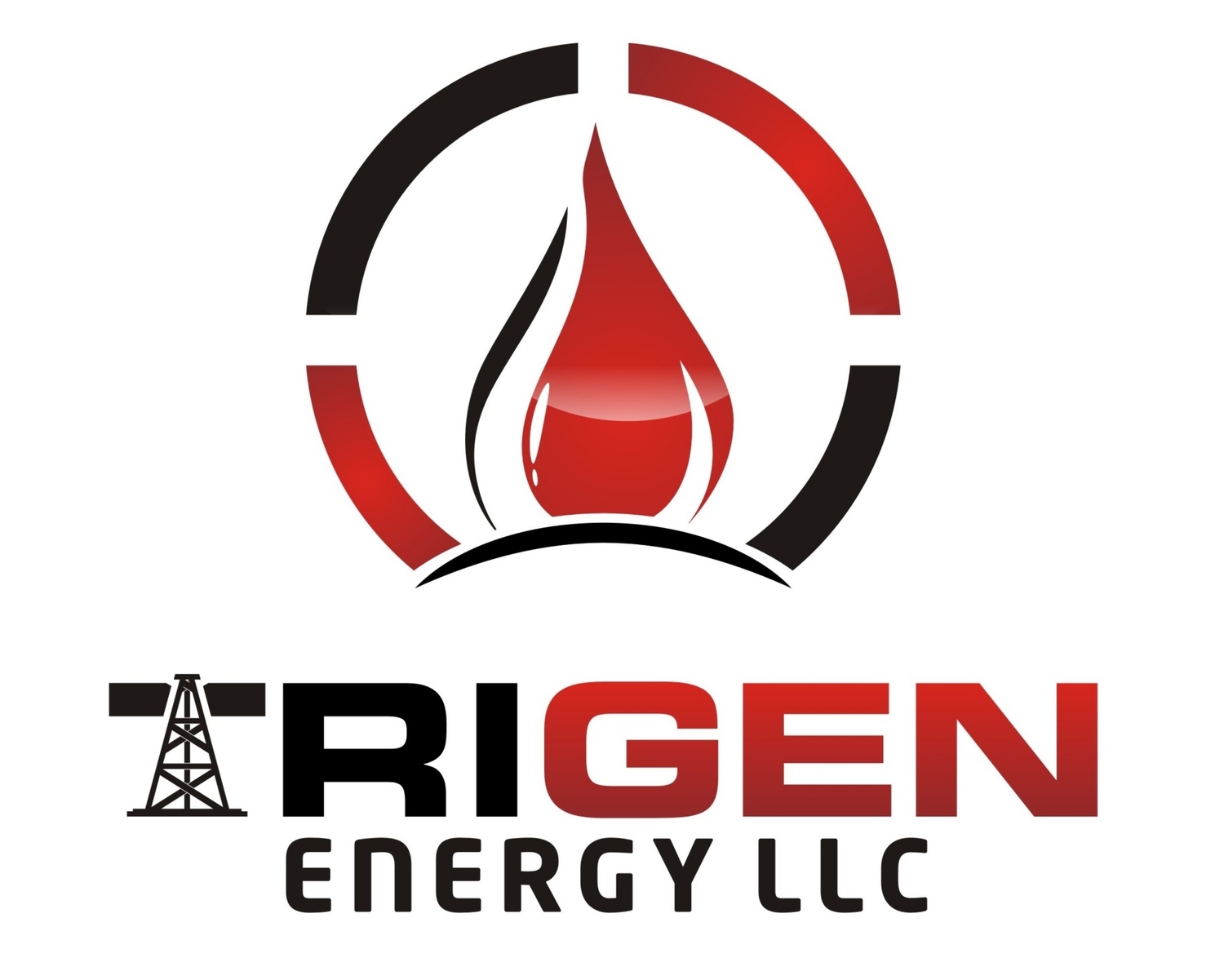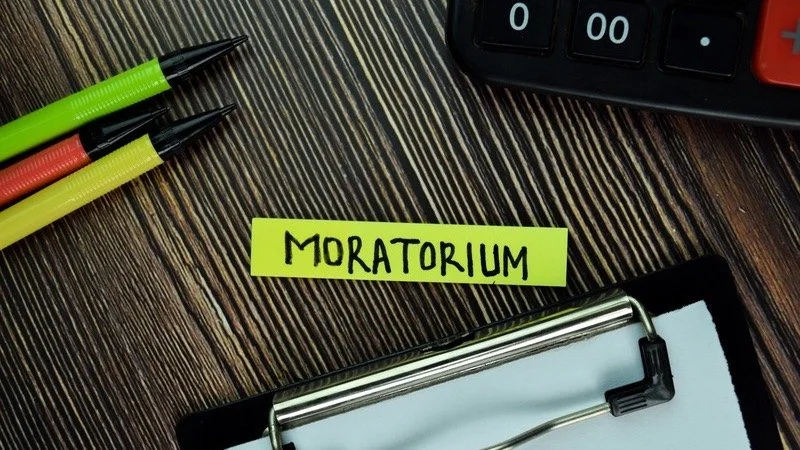Why “Moratorium” Isn’t Always a Bad Word
“Moratorium” is a scary word for CCS and renewable energy developers—and, understandably so when millions of dollars are on the line. Uncertainty can seem even worse than a definitive “no,” especially when the media gets involved.
That said, a one-year moratorium does not necessarily guarantee a project’s demise. In reality, moratoriums can present an opportunity for energy developers to build healthier relationships with stakeholders. Let’s explore why.
Reasons Why States & Municipalities Implement Moratoriums
Delaying “controversial” energy projects can be a motivating factor, but, in our experience, moratoriums often have legitimate motivations. Here are a few reasons why states and local communities implement moratoriums.
Gaining a Better Understanding of Science & Technology: Much has changed in the energy sector since John D. Rockefeller began refining oil in the 19th century. Widening energy demand combined with tightening environmental regulations have ignited increased interest in solar, wind, geothermal, geologic hydrogen, and other non-traditional sources. As a result, some communities find themselves scrambling to understand the underlying science and technology. Moratoriums provide breathing room for leaders to speak with experts and perform their own due diligence.
Studying Community Sentiment & Impact: Support or opposition for an energy project may not align perfectly with party affiliation. Take, for example, carbon capture and storage, which has garnered criticism and praise from across the political spectrum. Predicting on-the-ground sentiment is practically impossible without engaging landowners and relevant stakeholders.
Developing & Implementing Ordinances: For the sake of discussion, let’s imagine that scientists discover a massive reservoir of geologic hydrogen beneath a rural Midwestern town. Successfully extracting the hydrogen could represent millions or billions of dollars in revenue. To set the community up for success and ensure safety, new ordinances may be required.
Deciding if Additional Time is Needed: Governments are notorious for moving slowly, which is why moratoriums may be implemented and/or extended.
Best Practices for Dealing with Moratoriums
So, what should an energy developer do after learning about a problematic moratorium? Shifting focus to a different part of the country is one option, but there may be an even better approach.
Avoid focusing on the negative. Remember, a moratorium is by definition a temporary delay. There’s a good chance that the project will still proceed in the future.
Develop a plan. You may not be able to expedite the project, but you can plan your team’s strategy for future decision points. If a moratorium is set to expire next summer, you should have plenty of time to form contingency plans that accommodate different outcomes.
Proactively partner with community leaders. Moratoriums could open the door to numerous conversations with key stakeholders. Engaging in open communication, providing honest feedback, and reliably following up could help position yourself as an important partner.
Sharing helpful resources. Government officials are not typically energy experts. Openly sharing informative articles, scientific studies, and other unbiased information puts stakeholders in a position to confidently move forward.
What’s Your Next Move?
Dealing with a frustrating moratorium? Contact our team at Trigen Energy to explore your options. We can help you develop a strategy and engage local decision-makers.

